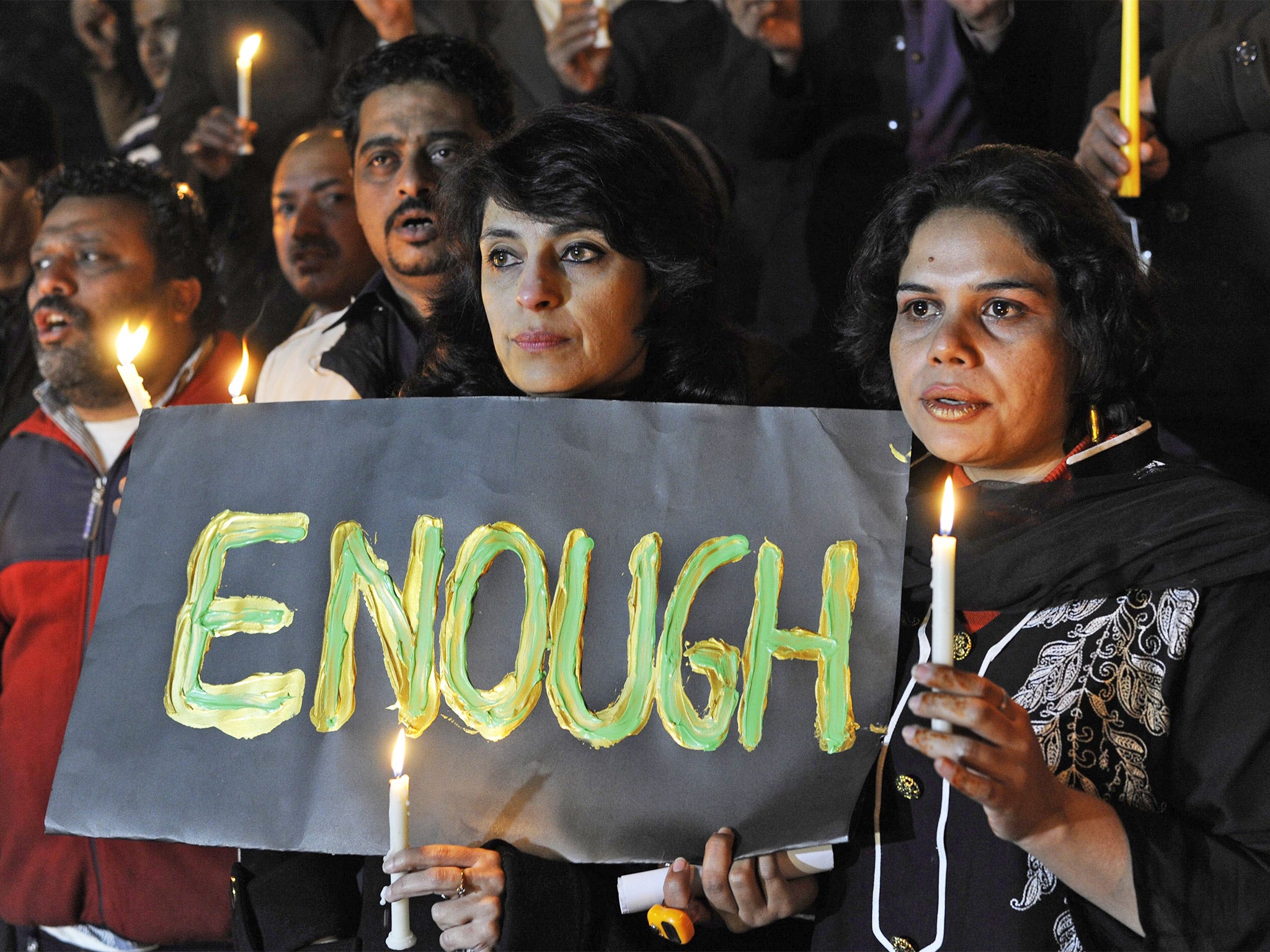Pakistan set to execute 'mentally ill man'
'Imdad Ali is mentally ill and has suffered years without proper treatment', human rights group says

Your support helps us to tell the story
From reproductive rights to climate change to Big Tech, The Independent is on the ground when the story is developing. Whether it's investigating the financials of Elon Musk's pro-Trump PAC or producing our latest documentary, 'The A Word', which shines a light on the American women fighting for reproductive rights, we know how important it is to parse out the facts from the messaging.
At such a critical moment in US history, we need reporters on the ground. Your donation allows us to keep sending journalists to speak to both sides of the story.
The Independent is trusted by Americans across the entire political spectrum. And unlike many other quality news outlets, we choose not to lock Americans out of our reporting and analysis with paywalls. We believe quality journalism should be available to everyone, paid for by those who can afford it.
Your support makes all the difference.A human rights group has urged Pakistan's government not to execute a mentally ill man, according to local reports.
Imdad Ali, who is around 50-years-old, was sentenced to death in 2002 for the murder of a religious teacher.
But not to let the execution take place because he has been diagnosed as a “paranoid schizophrenic”.
Justice Project Pakistan (JPP), a legal action charity, has warned: “Imdad Ali is mentally ill and has suffered years without proper treatment.”
JPP launched a failed appeal against a decision made by Lahore High Court to dismiss pleas that Ali could not be executed on the grounds of mental illness.
The organisation maintains the judicial system should account for his mental illness, and the additional effect his time on death row has had on it.
Mr Ali’s execution is scheduled for 20 September.
Pakistan reinstated the death penalty in 2014 following a shooting at a school in Peshawar which killed 150 people; the majority of whom were children.
“Executing Imdad will exemplify Pakistan’s failure to abide by its international legal commitments that forbid the death penalty for persons suffering from mental disabilities,” JPP executive director Sarah Belal told AFP.
“Knowing what they do about his condition would make his hanging a most serious crime.”
Pakistan’s ratification of the Convention on the Rights of Persons with Disabilities in 2011 upholds the rights of individuals with disabilities, Ms Belal added.
The judiciary has executed more than 400 people since it reintroduced hangings, according to rights group Reprieve.
Join our commenting forum
Join thought-provoking conversations, follow other Independent readers and see their replies
Comments